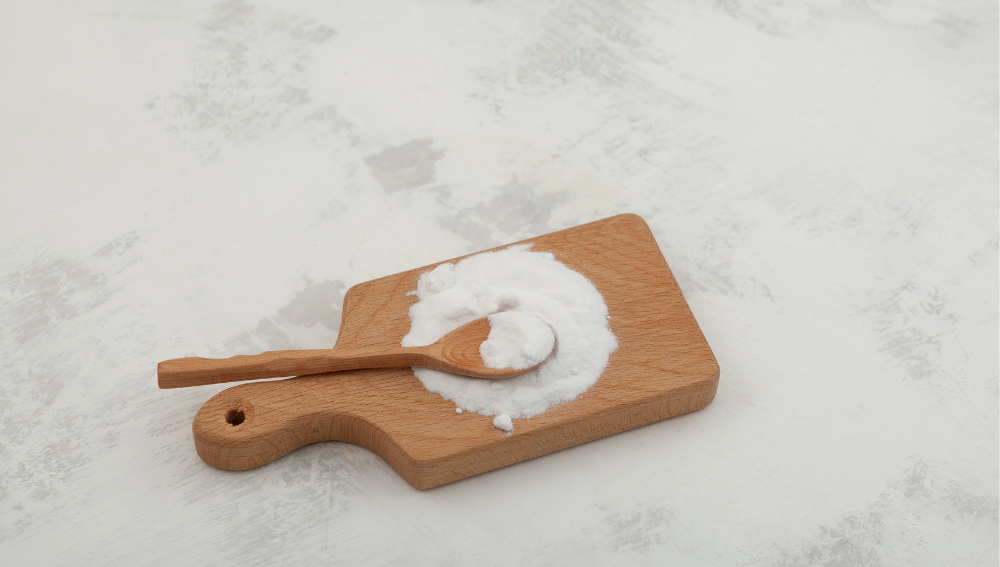Reheating hard boiled eggs is a common practice for many people who want to enjoy a quick and easy snack or meal.
However, reheating hard boiled eggs can be tricky, as they can easily become overcooked or explode if not reheated properly.
In this article, I will share some tips and tricks on how to reheat a hard boiled egg safely and effectively.
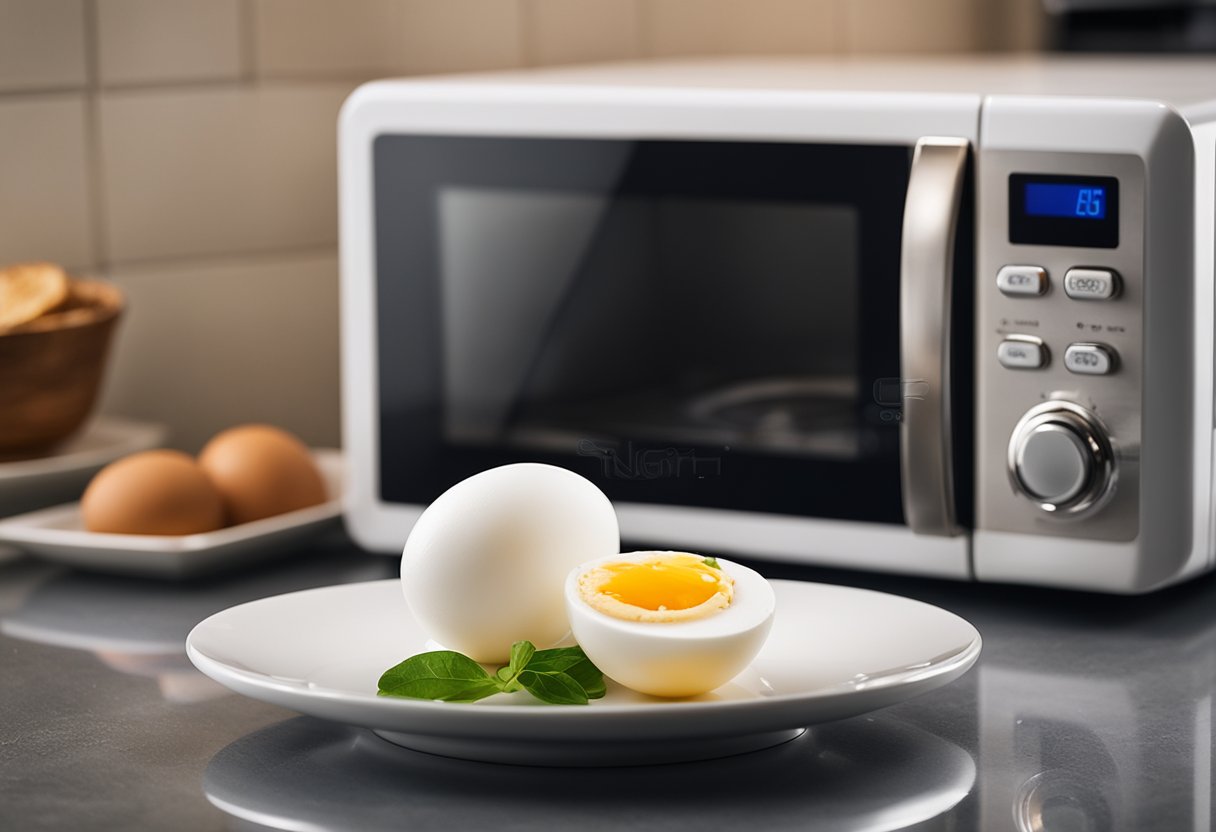
Understanding the basics of reheating hard boiled eggs is essential to avoid any mishaps. Hard boiled eggs are cooked by boiling them in water for a set amount of time until the yolk and whites are firm.
When reheating hard boiled eggs, it is important to keep in mind that they are already cooked, and reheating them for too long can cause them to become rubbery and dry.
Additionally, hard boiled eggs can sometimes explode if they are not reheated properly, which can be dangerous.
Key Takeaways
- Reheating hard boiled eggs can be tricky, but with the right techniques, it can be done safely and effectively.
- It is important to understand the basics of reheating hard boiled eggs, including the fact that they are already cooked and can become rubbery if overcooked.
- Safety precautions should be taken when reheating hard boiled eggs to avoid explosions and injury.
Understanding the Basics
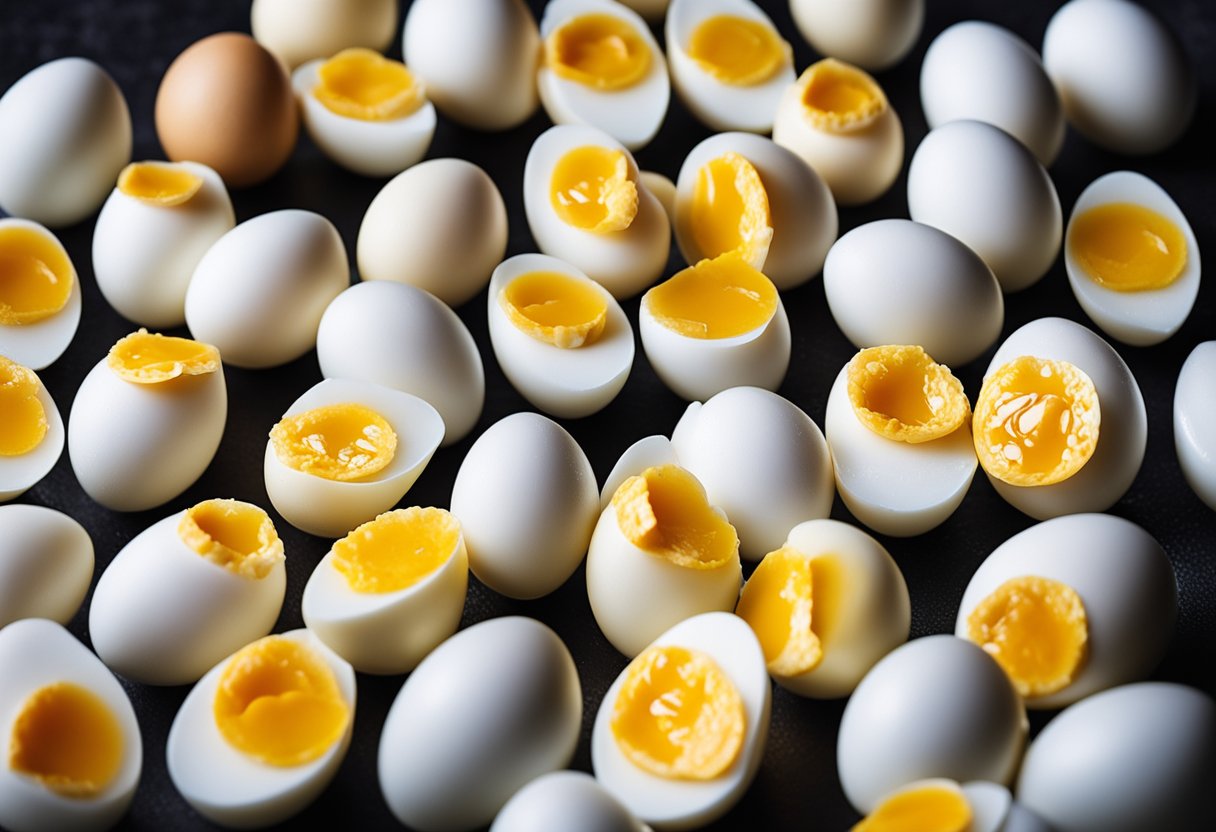
Egg Composition
As we all know, eggs are a popular breakfast food that are also used in a variety of meals. Eggs are made up of two main parts: the egg white and the yolk.
The egg white is mostly made up of protein, while the yolk contains more fat and cholesterol. The shell of the egg helps to protect the egg from outside elements and bacteria.
Hard boiled eggs are cooked by boiling the egg in its shell until the yolk and egg white have solidified. This process can take anywhere from 8 to 12 minutes, depending on the size of the egg.
Hard boiled eggs are a great source of protein and can be used in many different meals.
Importance of Reheating
If you have leftover hard boiled eggs, it is important to reheat them properly before eating. Reheating your hard boiled eggs can help to prevent the growth of bacteria, which can cause foodborne illness.
However, it is important to reheat your eggs correctly to ensure that they are safe to eat.
When reheating your hard boiled eggs, it is important to make sure that they are heated all the way through. This can be done by placing the eggs in a pot of boiling water for a few minutes or by microwaving them for a short period of time.
It is also important to avoid reheating your hard boiled eggs too many times, as this can cause them to become dry and rubbery.
In summary, hard boiled eggs are a great source of protein and can be used in a variety of meals.
When reheating your hard boiled eggs, it is important to make sure that they are heated all the way through to prevent the growth of bacteria.
By following these simple steps, you can enjoy your hard boiled eggs safely and deliciously!
Safety Precautions
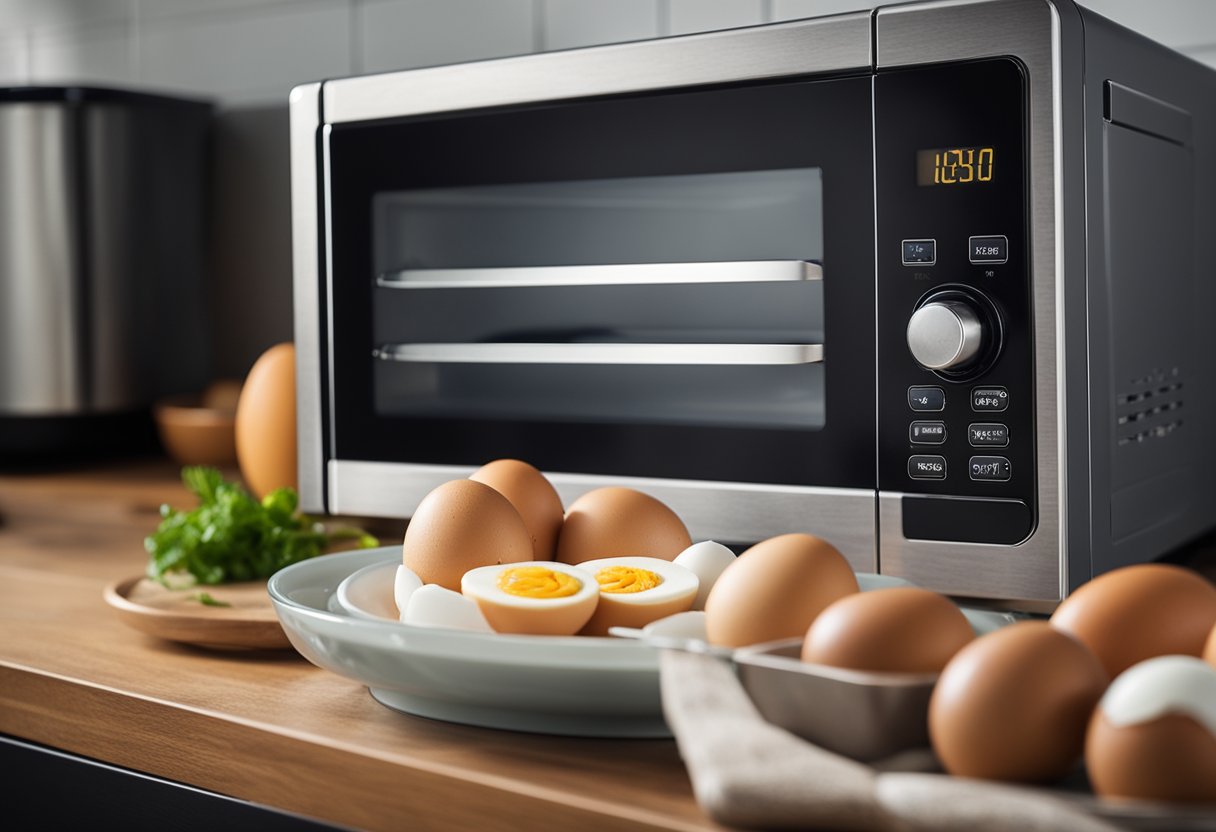
When reheating hard boiled eggs, it is important to take certain safety precautions to prevent accidents and ensure food safety.
In this section, I will discuss the hazards of incorrect reheating and how to prevent accidents.
Hazards of Incorrect Reheating
Incorrect reheating of hard boiled eggs can be hazardous and may lead to an explosion.
This can happen when the egg is heated too quickly or for too long, causing the pressure inside the egg to build up and eventually explode. This can cause burns and injuries to anyone nearby.
Moreover, reheating eggs incorrectly can also lead to food-borne illnesses, such as salmonella. Bacteria can grow rapidly on eggs that are not stored or reheated properly.
Therefore, it is important to take the necessary precautions to prevent bacteria growth and ensure that the eggs are safe to eat.
Preventing Accidents
To prevent accidents when reheating hard boiled eggs, it is important to follow some simple guidelines. First, always use a heatproof bowl that can withstand the heat without cracking.
The bowl should be big enough to hold the eggs and completely cover them in water.
Second, cover the bowl with a lid or a plate to prevent the steam from escaping. This will help to evenly distribute the heat and prevent the eggs from exploding.
Third, use a food thermometer to check the temperature of the eggs. The eggs should be heated to an internal temperature of 165°F (74°C) to ensure that they are safe to eat.
Finally, do not overheat the eggs. Reheat them for only a few minutes at a time and check the temperature frequently. If the eggs are heated for too long, they may become rubbery and unappetizing.
By following these simple safety precautions, you can ensure that your reheated hard boiled eggs are safe to eat and delicious.
Reheating Methods
When it comes to reheating hard boiled eggs, there are a few methods that you can use. In this section, I will cover the most popular methods and provide some tips to help you get the best results.
Microwave Method
The microwave method is the quickest and easiest way to reheat hard boiled eggs. Here’s how to do it:
- Peel your hard boiled egg.
- Cut the egg in half.
- Put the egg in a microwave-safe dish.
- Add a tablespoon of water to the dish.
- Cover the dish with a microwave-safe lid or plastic wrap.
- Microwave the egg on high for 30 seconds.
- Check the egg and microwave it for an additional 10 seconds if needed.
- Let the egg cool for a minute before eating.
It’s important to note that microwaves vary in power, so you may need to adjust the cooking time accordingly.
Also, be sure to use a microwave-safe dish and cover it to prevent moisture loss.
Stovetop Method
The stovetop method is another option for reheating hard boiled eggs. Here’s how to do it:
- Fill a pot with enough water to cover the egg.
- Bring the water to a boil.
- Using a slotted spoon, carefully lower the egg into the water.
- Reduce the heat to a simmer.
- Cover the pot and let the egg cook for 1-2 minutes.
- Remove the egg from the pot with a slotted spoon.
- Let the egg cool for a minute before eating.
This method takes a little longer than the microwave method, but it can be more reliable. Be sure to use a steamer basket or slotted spoon to avoid cracking the egg.
Tips for Each Method
- For the microwave method, be sure to use a microwave-safe dish and cover it to prevent moisture loss.
- For the stovetop method, use a steamer basket or slotted spoon to avoid cracking the egg.
- Regardless of the method you use, be sure to let the egg cool for a minute before eating.
- If you’re reheating multiple eggs, adjust the cooking time accordingly.
- The ideal temperature for reheating hard boiled eggs is around 160°F (71°C).
- Be careful not to overcook the egg, as it can become tough and rubbery.
- Use a timer to keep track of the cooking time.
- If you’re reheating peeled hard boiled eggs, add a tablespoon of water to the dish to prevent them from drying out.
Overall, reheating hard boiled eggs is a quick and easy way to enjoy a healthy snack or meal.
By following these tips and using the right method, you can ensure that your eggs are perfectly reheated every time.
Storing and Reusing Leftover Eggs
Proper Storage
When it comes to storing leftover hard boiled eggs, proper storage is key to ensuring their freshness and safety.
After cooking, let the eggs cool down to room temperature before storing them in an airtight container in the refrigerator.
It’s important to note that eggs should be refrigerated within two hours of cooking, or within one hour if the temperature is above 90°F.
To prevent bacterial growth, make sure to store eggs away from raw meat and poultry in the refrigerator.
It’s also a good idea to label the container with the date the eggs were cooked, so you can keep track of how long they’ve been in the fridge.
Reusing Leftovers
Hard boiled eggs can be used in a variety of recipes, from egg salad and deviled eggs to breakfast burritos and egg salad sandwiches.
However, it’s important to reheat them properly to ensure they are safe to eat.
One of the best ways to reheat hard boiled eggs is by placing them in a heatproof bowl and pouring boiling water over them until they are completely submerged.
Cover the bowl and let the eggs sit for ten minutes before removing, cracking, peeling, and eating. This method will prevent the eggs from becoming overcooked or stinky.
Another way to use leftover hard boiled eggs is to make egg salad. Simply chop up the eggs, mix them with mayonnaise, mustard, and any other desired ingredients, and serve on bread or crackers.
Egg salad can be stored in the refrigerator for up to three to four days.
In summary, proper storage and reheating techniques are crucial when it comes to using leftover hard boiled eggs.
By following these tips, you can ensure that your eggs remain fresh, safe, and delicious for all your favorite recipes.
Conclusion
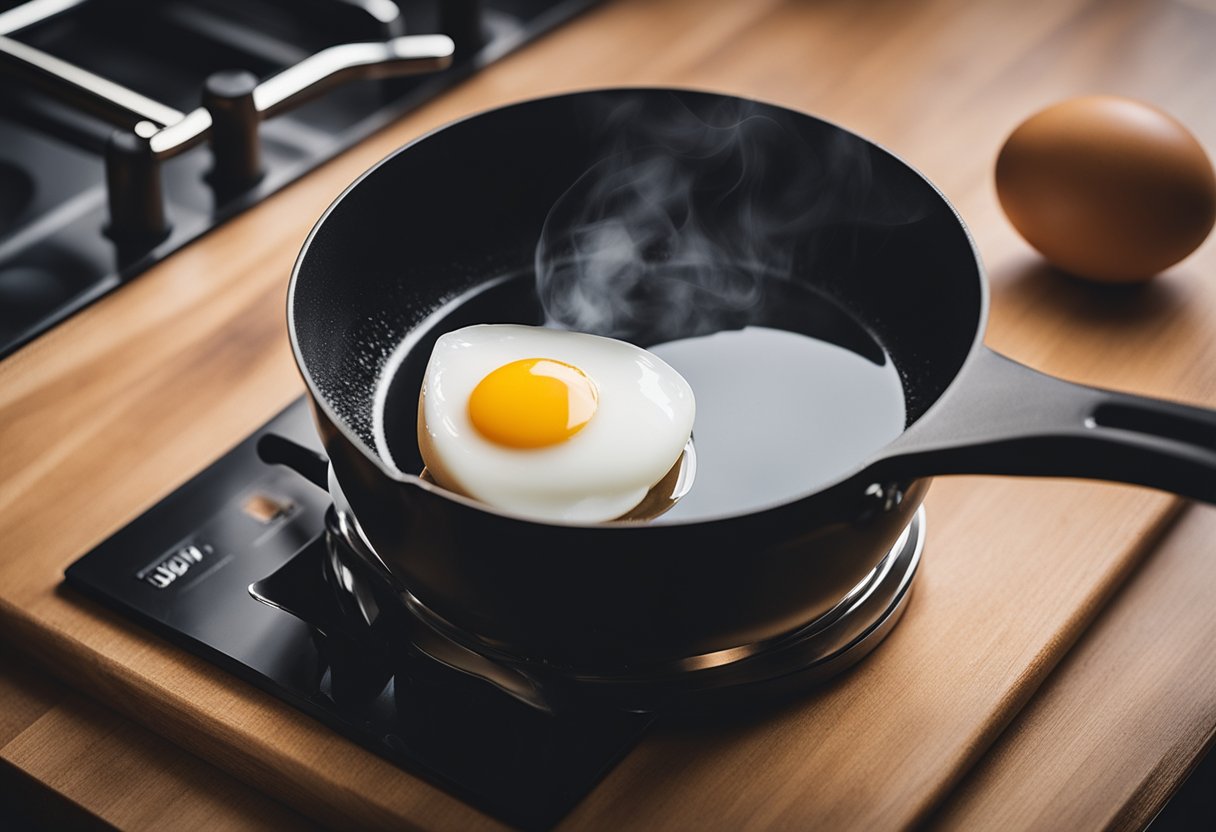
In conclusion, reheating hard boiled eggs is a simple process that can be achieved using different methods. The choice of method depends on the individual’s preference and the available resources.
Regardless of the method used, reheating hard boiled eggs can alter the taste and texture of the egg yolk. Therefore, it is recommended to consume the eggs cold whenever possible.
When reheating hard boiled eggs, it is important to ensure that the eggs are heated evenly to avoid overcooking or undercooking them.
Overcooking the eggs can result in a rubbery texture, while undercooking can lead to a runny yolk.
Additionally, reheating hard boiled eggs can affect the nutrient content of the eggs, and it is advisable to consume them within a day or two of cooking.
Overall, reheating hard boiled eggs is a convenient way to enjoy a quick and healthy snack or meal. By following the recommended methods and precautions, reheated hard boiled eggs can still be flavorful and nutritious.
So, next time you have leftover hard boiled eggs in your pantry or larder, consider reheating them using one of the methods discussed above.
Frequently Asked Questions
What is the best way to reheat a boiled egg?
The best way to reheat a boiled egg is to place it in a heatproof bowl and pour boiling water over it until it is entirely submerged.
Cover the bowl and wait for ten minutes before removing the egg, cracking it open, and eating it. This method ensures that the egg is not overcooked and retains its flavor.
Can you reheat boiled eggs in the oven?
No, it is not recommended to reheat boiled eggs in the oven as it can cause the egg to explode due to the pressure build-up inside the egg.
How do you reheat boiled eggs in the microwave without overcooking them?
To reheat boiled eggs in the microwave without overcooking them, place the egg in a microwave-safe bowl and add enough water to cover the egg.
Microwave the egg on high for 15-20 seconds and then check if it is warm enough. If not, continue microwaving in 10-second intervals until it is heated to your desired temperature.
Is it safe to eat cold boiled eggs?
Yes, it is safe to eat cold boiled eggs as long as they have been properly stored in the refrigerator and have not been left out at room temperature for more than two hours.
How do you store hard-boiled eggs?
To store hard-boiled eggs, place them in a covered container in the refrigerator. They can be stored for up to one week.
Can I reheat boiled eggs without the shell?
Yes, you can reheat boiled eggs without the shell by placing the egg in a heatproof bowl and pouring boiling water over it until it is entirely submerged.
Alternatively, you can microwave the egg in a microwave-safe bowl with enough water to cover the egg.






